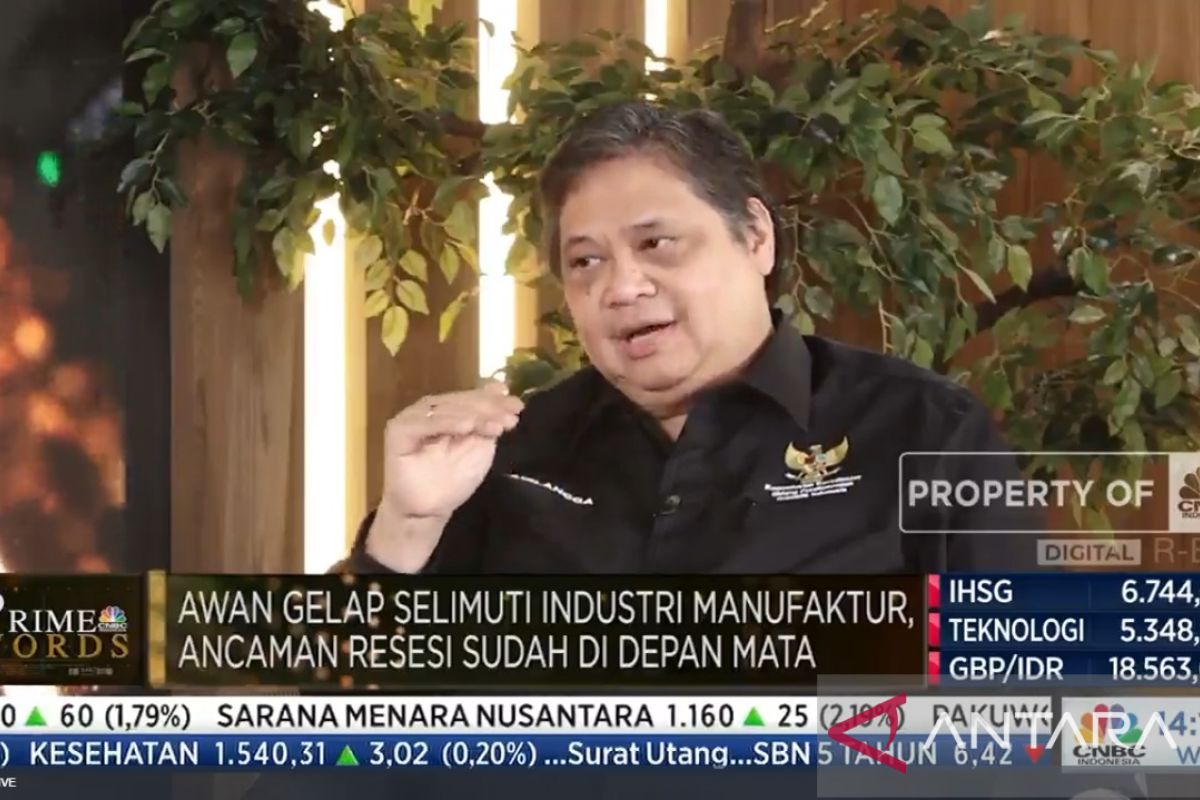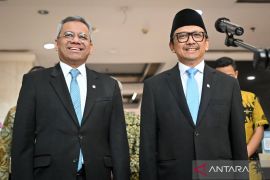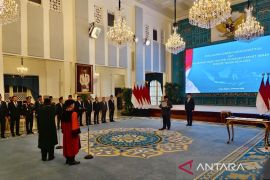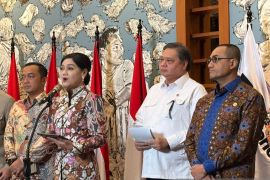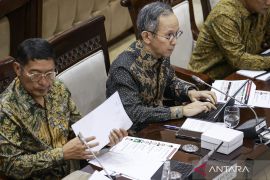The price of bauxite is relatively low, below US$60 per ton. However, when it is processed into aluminum, it (the price) can be above US$2,300 (per ton). Thus, the added value (of processing bauxite) is extraordinary.Jakarta (ANTARA) - The Indonesian government is preparing anticipative policies to face economic challenges in 2023, so that national economic growth can still reach 5.3 percent, Coordinating Minister for Economic Affairs Airlangga Hartarto stated.
Hartarto noted in a press release on Wednesday that regarding the real sector, the government will improve the performance of export-oriented industries, especially those producing Indonesia’s three main export commodities: nickel, palm oil and its derivatives, as well as coal.
"In addition, prior, the government has announced a ban on bauxite exports, which will take effect since June 2023. Considering that most of the demands for alumina are fulfilled by importing, so it is a promising opportunity to build (bauxite) smelters in the country (Indonesia),” he noted.
The government will formulate supporting policies to expedite development of the smelter, especially those related to fiscal incentive regulations.
"The price of bauxite is relatively low, below US$60 per ton. However, when it is processed into aluminum, it (the price) can be above US$2,300 (per ton). Thus, the added value (of processing bauxite) is extraordinary,” the coordinating minister noted.
Furthermore, he discussed about the stipulation on the length of the period for keeping foreign exchange in the domestic banking system as well as the sanctions for Export Proceeds (DHE).
The matters are regulated in Regulation of Bank Indonesia (PBI) Number 21/14/PBI/2019 regarding Export Proceeds and Import Payments as well as Government Regulation (PP) Number 1 of 2019 on Export Proceeds from Business, Management, and/or Processing Activities of Natural Resources.
"If we hold our own foreign exchange (domestically for certain period of time), just like Thailand, which requires its own foreign exchange to be held for three months, it will strengthen our foreign exchange reserves and the rupiah exchange rate. It is what is needed in 2023," Hartarto remarked.
By having excellent export performance, he expected that foreign exchange reserves can be kept domestically, with a certain interest rate set by Bank Indonesia (BI).
"Indeed, BI has proposed that Government Regulation Number 1 of 2019, which is related to the (management of) foreign exchange, to be revised. Thus, we are preparing for it (the revision of the regulation)," he stated.
Related news: Optimistic Indonesia's economy will continue to grow in 2023: Kadin
Related news: 2023 state budget focused on employment, poverty alleviation: Jokowi
Related news: Economist forecasts 4.9% national economic growth in 2023
Translator: Sanya Susanti, Uyu Liman
Editor: Azis Kurmala
Copyright © ANTARA 2023
